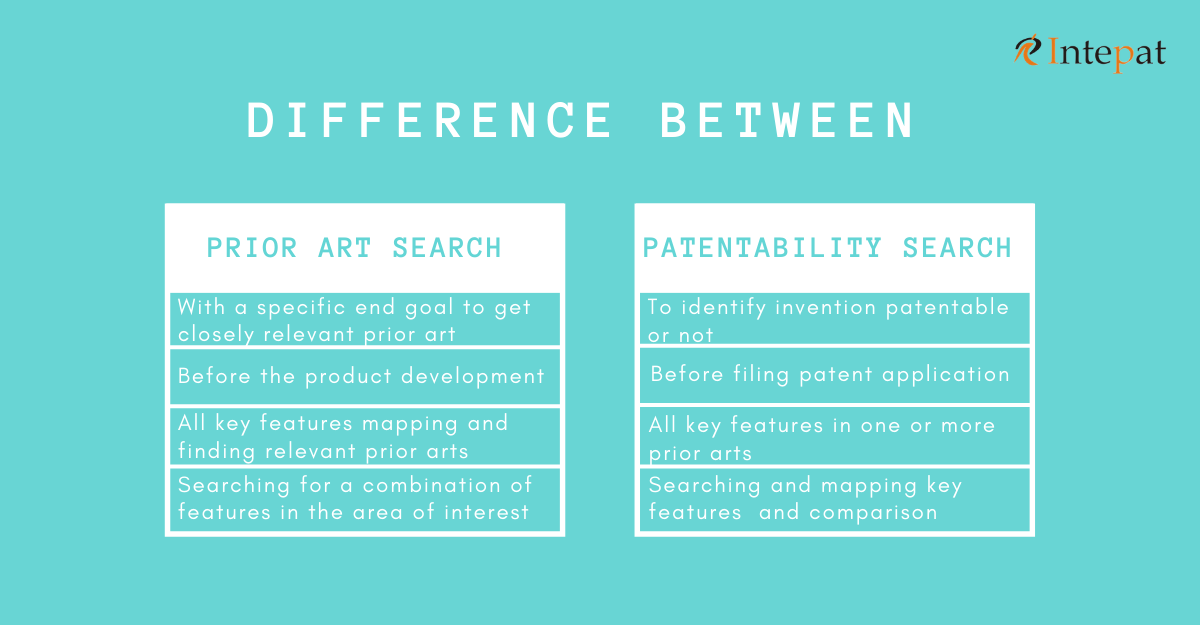Patentable subject matter (invention) - UNCTAD Can Be Fun For Everyone

Not known Details About What is an Invention? - Erickson Law Group, PC
Today, there are many other parts of the world that have even more extensive views of what can be patented, consisting of Europe, Australia and even China. The bright side, nevertheless, is that the extraordinary and rather mysterious departure by the Supreme Court from traditional U.S. concepts has mainly been confined (if not solely restricted) to software application and certain biotechnology developments.

Solved QUESTION 2 2.1 Who advises a scientist whether - Chegg.com
has controlled for over a generation due to the fact that of our pro-innovation, pro-patent stance. So, yes, product idea is tragic that the Supreme Court is tossing away the U.S. advantage, however for many independent inventors the kind of developments that you will be dealing with will not likely be affected by the new, overly restrictive view of what certifies as patent eligible in America.

Is Your Idea Patentable? [Patent MBA Excerpt] - Rowan Patents
Tangibility, although not the test that will be applied, end up fixing essentially all (if not all) of the problems creators may deal with at the Patent Office. The 2nd aspect of 101 relates to utility, another so-called limit requirement for patentability. To please the requirements of 101 it is not just necessary to demonstrate that the subject matter of the development is patentable, but the patentee is likewise required to demonstrate that the declared invention is "helpful" for some function.

Inventions not Patentable - YouTube
What Is A Patentable Invention Anyway - Lexology - An Overview
The energy requirement discovers its structure in the belief that an innovation that is inoperative is not a "helpful" development within the significance of 101 and, therefore, does not deserve patent defense. For a declared innovation to violate the utility requirement it should be "totally incapable of achieving a helpful outcome." Therefore, an innovation that is at least partially useful will meets with approval under 101 and the USPTO will not provide an utility rejection.
Notwithstanding the exceptionally low energy obstacle, declared developments can and do fail the utility requirement. An innovation that stops working the energy requirement does so for one of two reasons. First, a candidate can stop working to recognize any particular energy for the development or stop working to reveal enough details about the invention to make its utility immediately obvious to those knowledgeable about the technological field of the development.

